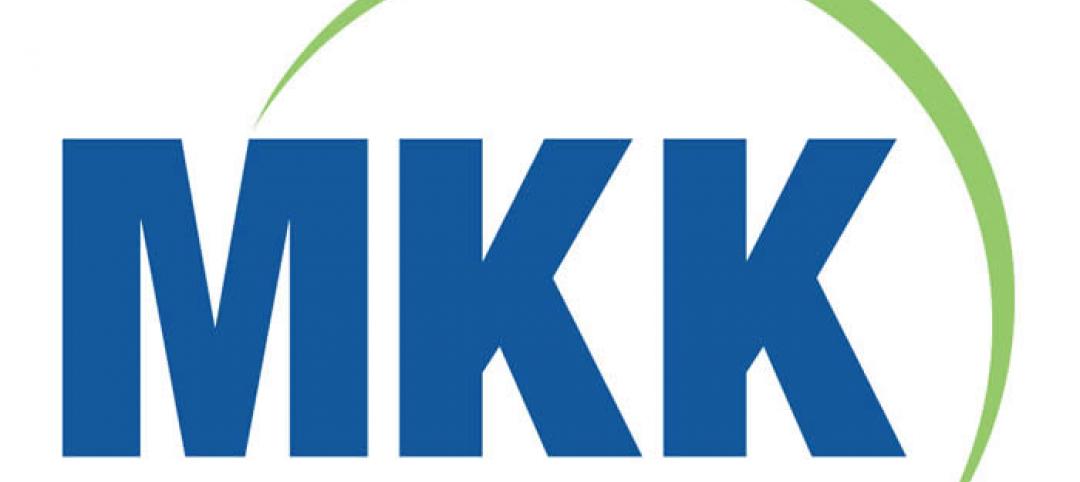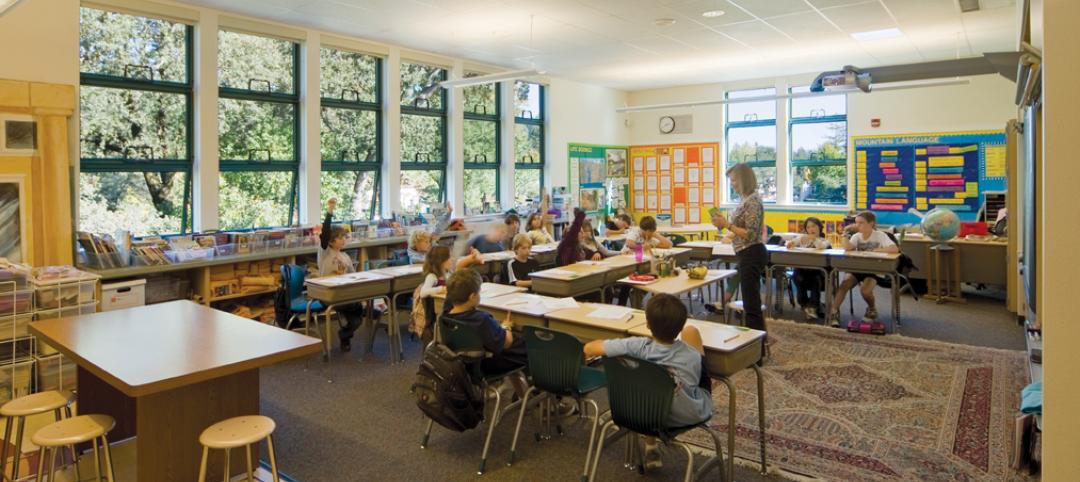November 2016 will most certainly go down in the books as one of the most memorable months in recent decades. If the Chicago Cubs winning the World Series in dramatic Game 7 fashion wasn’t enough to shock you, then the events that unfolded during the late evening on Nov. 8 likely were.
Regardless of which side of the aisle you stand on, election night was a jaw-dropping moment. Donald Trump’s own campaign advisors, along with some of his supporters and pundits, admitted to being astonished as the story unfolded on election night.
On the morning of Election Day, the New York Times set the odds of Trump winning at a scant 15%. “Mrs. Clinton’s chance of losing is about the same as the probability that an N.F.L. kicker misses a 37-yard field goal,” they wrote. Well, Hillary missed a chip shot, and the NYT editors—like many in the media—were left with egg on their face for grossly underestimating Trump’s chances. It was a Dewey Defeats Truman moment.
What does a Trump-led America (coupled with a GOP-controlled Congress) mean for the AEC industry? As with any election, it’s a mixed bag of the good, the bad, and the unknown.
The good: Trump proposes spending up- wards of $1 trillion to rebuild the nation’s roads, bridges, tunnels, water systems, and airports as part of a massive infrastructure bill. While not primarily buildings work, this level of investment would most certainly create real estate development opportunities and needs—whether directly or indirectly—for the AEC community. Infrastructure investment is one of the few pressing issues that garners almost universal support among political leaders in Washington. The trillion-dollar question is, How do we pay for it? Trump’s answer: public-private partnerships and other creative financing methods.
The bad: In his 100-day action plan, Trump outlines several measures that could hit AEC firms in the pocketbook in the near term. On the list is Obamacare, which Trump hopes to repeal and replace with traditional HSA and health insurance initiatives. This move could cause healthcare operators to take a “let’s wait and see” approach to real estate investments, much like they did during the implementation of Obamacare. Having healthcare owners hit the pause button for the second time in six years could severely impact AEC rms. At $87 billion in annual construction spending, healthcare is the largest sector in the nonresidential market.
The unknown: Given the GOP’s contentious relationship with Trump during the election cycle, we could be in for four more years of gridlock in Washington. It’s too early to predict how his ideas will be received by the house and senate.
A recent survey of 306 BD+C readers paints a picture of cautious optimism for AEC firms. Half of the respondents (50.3%) predict that 2017 will be an “excellent” or “very good” business year for their firm. More than half (55.3%) expect their firm’s revenue to increase next year; just 11.5% are forecasting a drop.
On the flip side, when asked to identify their biggest concerns heading into 2017, nearly a third (31.7%) cited “business impacts from the Presidential election” as a top-three burden— only behind “general economic conditions” and “competition from other firms.”
As we head toward Inauguration Day, all we can do is hope the President-elect delivers on much more good than bad.
Related Stories
| Sep 18, 2012
MKK opens office in North Dakota
MKK is currently working on seven projects in North Dakota, including a hotel, restaurant, truck stop, office building, and apartment complex.
| Sep 13, 2012
Leo A Daly Company promotes Kraskiewicz to senior vice president
Kraskiewicz, who most recently served as chief operations officer for the Leo A Daly division, will guide brand management, business development, operations and financial performance for 18 offices worldwide.
| Sep 11, 2012
About 170 events planned nationwide for fourth annual SteelDay September 28
SteelDay is a national event featuring free educational and networking opportunities for the design and construction community and the public.
| Sep 11, 2012
New York City releases first energy benchmarking data for private buildings
City is first in U.S. to disclose private-sector building energy data from a mandatory benchmarking policy.
| Sep 7, 2012
Net-zero energy pioneers on the el-hi frontier
Getting to net-zero is not easy, but the promise of eliminating energy bills and using state-of-the-art technology as a learning lab can make a compelling case to reach for net-zero.
| Sep 7, 2012
The keys to success in the K-12 school market
When educators and school administrators describe their vision for new K-12 school buildings as ‘21st-century learning spaces,’ they’re not exaggerating. Many new schools are truly different in concept from their counterparts of only a few years ago.
| Aug 24, 2012
Skanska hires Miller as procurement manager
Miller brings more than 25 years of construction procurement expertise.
| Aug 24, 2012
KLMK Group forms strategic alliance with Taylor Construction Management
KLMK's expertise in the capital delivery process and TCM's global platform combine to provide an integrated solution with an unparalleled impact for health care related industries.
| Aug 24, 2012
Study predicts how health economic, delivery and buildings play a role in the next decade
Study also finds accountable care organizations, pay-for-performance and aging population will have greatest impact over next five years.
| Aug 24, 2012
ABI downturn moderates as negative conditions continue
South the only region reporting increase in design activity.
















